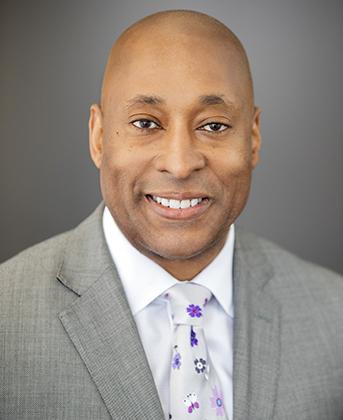
The HASC region saw a 12 percent decline in COVID-19 hospitalizations over the last seven days. That’s very good news. Our recent data signal a sense of cautious optimism.
It’s not the same in every region of the state, however, with areas like the San Joaquin Valley seeing available beds dwindle. The region’s open adult ICU beds dropped below 10 percent for more than three consecutive days, making it the first California region to enact surge protocols.
As we know, COVID-19 does not adhere to geographic boundaries. Increased travel leaves us all susceptible to rising infection rates and hospitalizations. The return of in-class learning and the long Labor Day weekend are also points of concern as we continue to watch the data. Additionally, the prospect of patient transfers from challenged regions of the state reinforces the reality that we’re all in this fight together.
We all need to stay vigilant. In addition to the recent holiday and school reopenings we are headed into a flu season that some experts warn could pile more strain on hospitals. Some have called this the “twindemic” scenario — and we again need to encourage employees and others to get vaccinated. Now is the time to plan and act.
Today marks World Suicide Awareness Day and the entire month of September is National Suicide Prevention Month. Mental health advocates, prevention organizations, survivors, allies, and community members are united to promote suicide prevention awareness and mobilize support and treatment.
Pandemic-induced isolation, loneliness and untreated behavioral health conditions can lead to crises, ED visits and hospitalizations. It’s imperative that we equip our communities with appropriate resources to address suicidal ideation and improve mental health wellbeing.
Unsurprisingly, 93 percent of health care workers polled by Mental Health America reported experiencing stress in the past three months, 86 percent reported anxiety and 76 percent reported exhaustion and burnout. According to a recent UCSF study, 26 percent (up from 12 percent in 2018) of registered nurses between the ages of 55 and 64 said they plan to leave the field in the next two years, and cited burnout and reduced COVID-19 exposures as contributing factors.
These studies underscore the importance of caring for not only for our typical patient populations, but also for our those that continue to keep us safe and healthy.
Keep up the great work you’re doing — and stay informed, stay safe and stay tuned.
George G.
